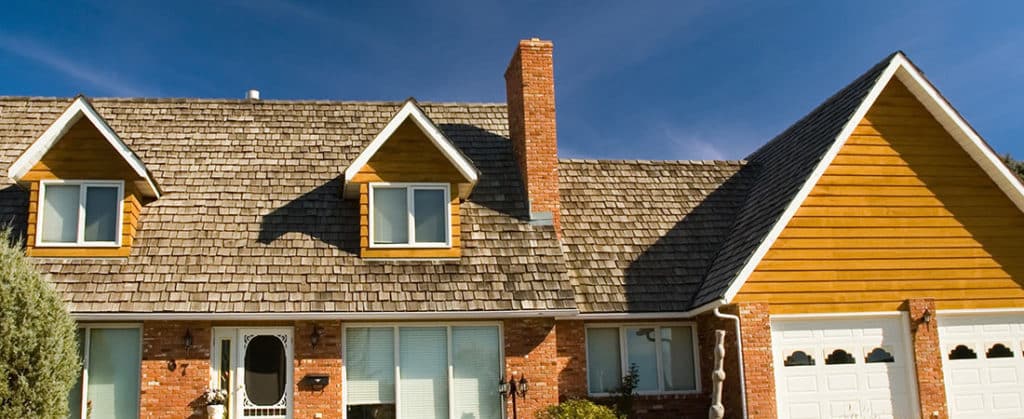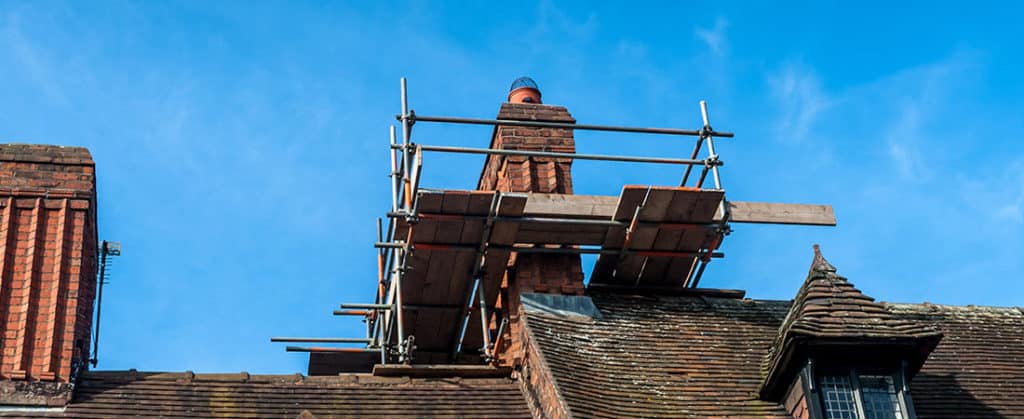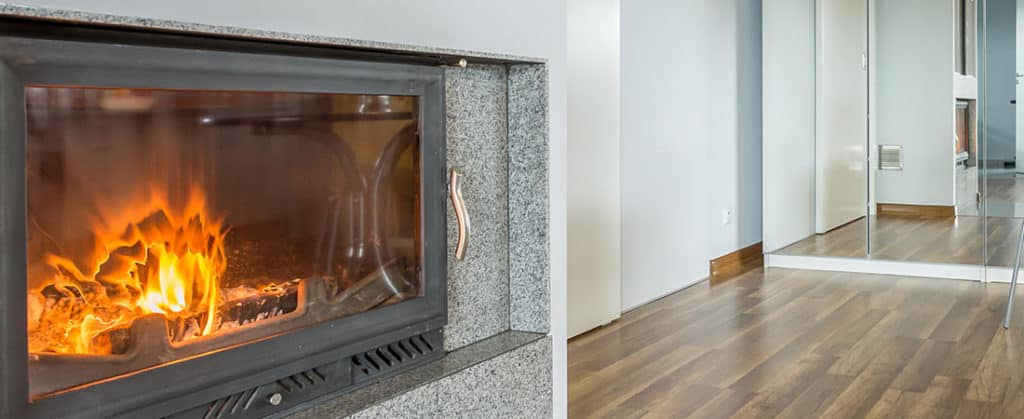Fireplaces are designed to provide beauty and warmth. You will expect that there are no smelly odors in your home from the fireplace. You will really encounter bad smells, but because of a couple of reasons. The majority of issues that cause an odor to emit from the fireplace can be resolved if you hire chimney cleaning services to inspect and repair your chimney.
When you have chimneys, you will realize that the small issues can be a sign of something serious that is already brewing which can lead to future repercussions. Therefore, if there are unusual scents that come from your fireplace, you must help them discover the main cause of the issue before selling it on the market.
Buildup of Creosote
When you pay for the chimney inspectors to come, they will remove the excess creosote buildup, which allows proper airflow. However, if you regularly use your fireplace, then the buildup of creosote becomes quicker compared to homes where the fireplaces are occasionally used. This extra layer can fill your home with bad barbeque or asphalt. Even if a layer of creosote and soot is natural when your fireplace is working, keeping your chimney clean helps reduce the possibility of having this odor that is wafting in your home.
Nesting Animals
When the cold weather is coming, animals look for shelter in any way they are able to. Most of the time, this causes them to visit your chimneys for warmth. The unfortunate thing is that some pungent scents will start to spread through surrounding areas because of that. When it comes to moisture, a chimney cap prevents any animals from visiting your chimney.
Moisture
If there is water inside your chimney, it causes a musty and unpleasant odor. You can eliminate moisture in the chimney by installing a chimney cap. Without a cap, rainwater will get inside the chimney. Aside from causing odor, moisture causes the damper to become rusty and fail to properly open. When it mixes with creosote, moisture damages the flue lining, which results in the need for expensive but unnecessary repairs.
Accumulation of Debris
You might not be thinking that leaves and twigs go into the chimney and they cause unpleasant smells, but this is a common issue. When the outdoor debris gets trapped in the chimney, it will begin to decompose over time leaving behind a rotting and unpleasant scent. This is another reason to fit chimneys using a cap.
Negative Air Pressure
Even if you have an installed chimney cap, a clean fireplace, and a chimney, you will still smell unpleasant odors if your home has a negative pressure inside. This normally happens in newer homes that are sealed tightly. How will negative air pressure cause bad odors to come inside your house?
There are a lot of pathways that allow air to go inside your home. It can be doors, dryers, windows, dryer exhaust vents, stove range, and roof ventilation, but the most prominent is the chimney. Air is always moving. It will go out of your house through some of the pathways and it is replaced by air that enters through the pathway with little resistance, which is normally the chimney.
Water
If you can smell a musty odor that comes from your fireplace, it could mean that water entered your chimney.
Water causes bad odors, but it can also cause the damper to rust, and damage the flue lining that generates repairs.
A chimney cap will stop the water from going inside your chimney.
You can contact chimney sweep Columbia MD if your chimney smells bad so you can have it checked and cleaned.



